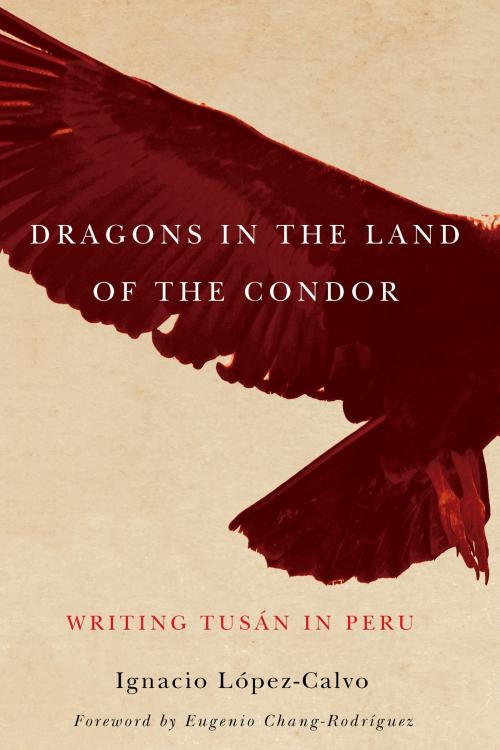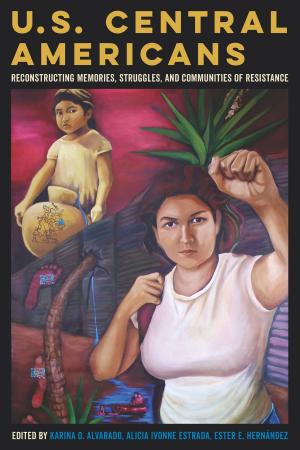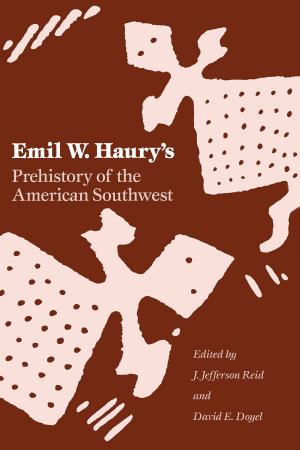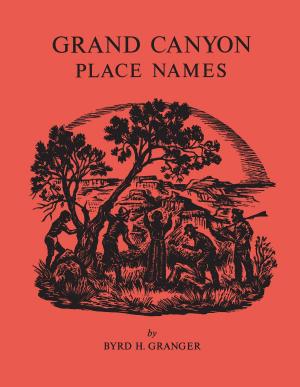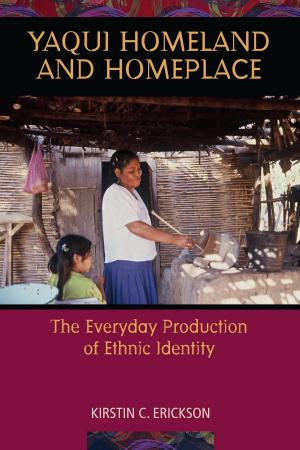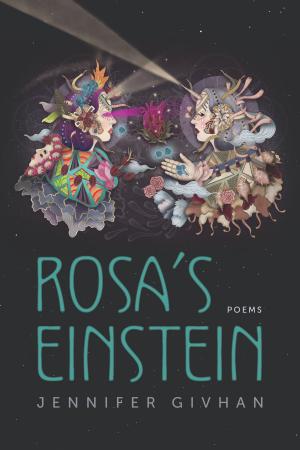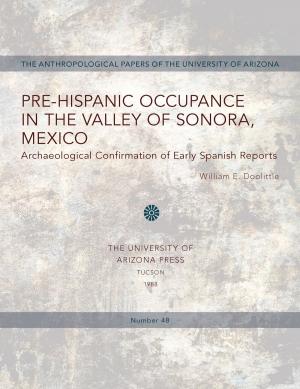Dragons in the Land of the Condor
Writing Tusán in Peru
Fiction & Literature, Literary Theory & Criticism, Asian, Far Eastern, Central & South American| Author: | Ignacio López-Calvo | ISBN: | 9780816598694 |
| Publisher: | University of Arizona Press | Publication: | November 6, 2014 |
| Imprint: | University of Arizona Press | Language: | English |
| Author: | Ignacio López-Calvo |
| ISBN: | 9780816598694 |
| Publisher: | University of Arizona Press |
| Publication: | November 6, 2014 |
| Imprint: | University of Arizona Press |
| Language: | English |
Building on his 2013 study on Nikkei cultural production in Peru, in Dragons in the Land of the Condor Ignacio López-Calvo studies the influence of a Chinese ethnic background in the writing of several twentieth- and twenty-first-century Sino-Peruvian authors.
While authors like Siu Kam Wen and Julia Wong often rely on their Chinese cultural heritage for inspiration, many others, like Pedro Zulen, Mario Wong, and Julio Villanueva Chang, choose other sources of inspiration and identification. López-Calvo studies the different strategies used by these writers to claim either their belonging in the Peruvian national project or their difference as a minority ethnic group within Peru. Whether defending the rights of indigenous Peruvians, revealing the intricacies of a life of self-exploitation among Chinese shopkeepers, exploring their identitarian dilemmas, or re-creating—beyond racial memory—life under the political violence in Lima of the 1980s, these authors provide their community with a voice and a collective agency, while concomitantly repositioning contemporary Peruvian culture as transnational.
López-Calvo bridges from his earlier study of Peruvian Nikkei’s testimonials and literature and raises this question: why are Chinese Peruvian authors seemingly more disconnected from their Asian heritage than Japanese Peruvian authors from theirs? The author argues that the Chinese arrival in Peru half a century earlier influenced a stronger identification with the criollo world. Yet he argues that this situation may soon be changing as the new geopolitical and economic influence of the People’s Republic of China in the world, particularly in Latin America and the Caribbean, affects the way Chinese and Sino–Latin American communities and their cultures are produced and perceived.
Building on his 2013 study on Nikkei cultural production in Peru, in Dragons in the Land of the Condor Ignacio López-Calvo studies the influence of a Chinese ethnic background in the writing of several twentieth- and twenty-first-century Sino-Peruvian authors.
While authors like Siu Kam Wen and Julia Wong often rely on their Chinese cultural heritage for inspiration, many others, like Pedro Zulen, Mario Wong, and Julio Villanueva Chang, choose other sources of inspiration and identification. López-Calvo studies the different strategies used by these writers to claim either their belonging in the Peruvian national project or their difference as a minority ethnic group within Peru. Whether defending the rights of indigenous Peruvians, revealing the intricacies of a life of self-exploitation among Chinese shopkeepers, exploring their identitarian dilemmas, or re-creating—beyond racial memory—life under the political violence in Lima of the 1980s, these authors provide their community with a voice and a collective agency, while concomitantly repositioning contemporary Peruvian culture as transnational.
López-Calvo bridges from his earlier study of Peruvian Nikkei’s testimonials and literature and raises this question: why are Chinese Peruvian authors seemingly more disconnected from their Asian heritage than Japanese Peruvian authors from theirs? The author argues that the Chinese arrival in Peru half a century earlier influenced a stronger identification with the criollo world. Yet he argues that this situation may soon be changing as the new geopolitical and economic influence of the People’s Republic of China in the world, particularly in Latin America and the Caribbean, affects the way Chinese and Sino–Latin American communities and their cultures are produced and perceived.
